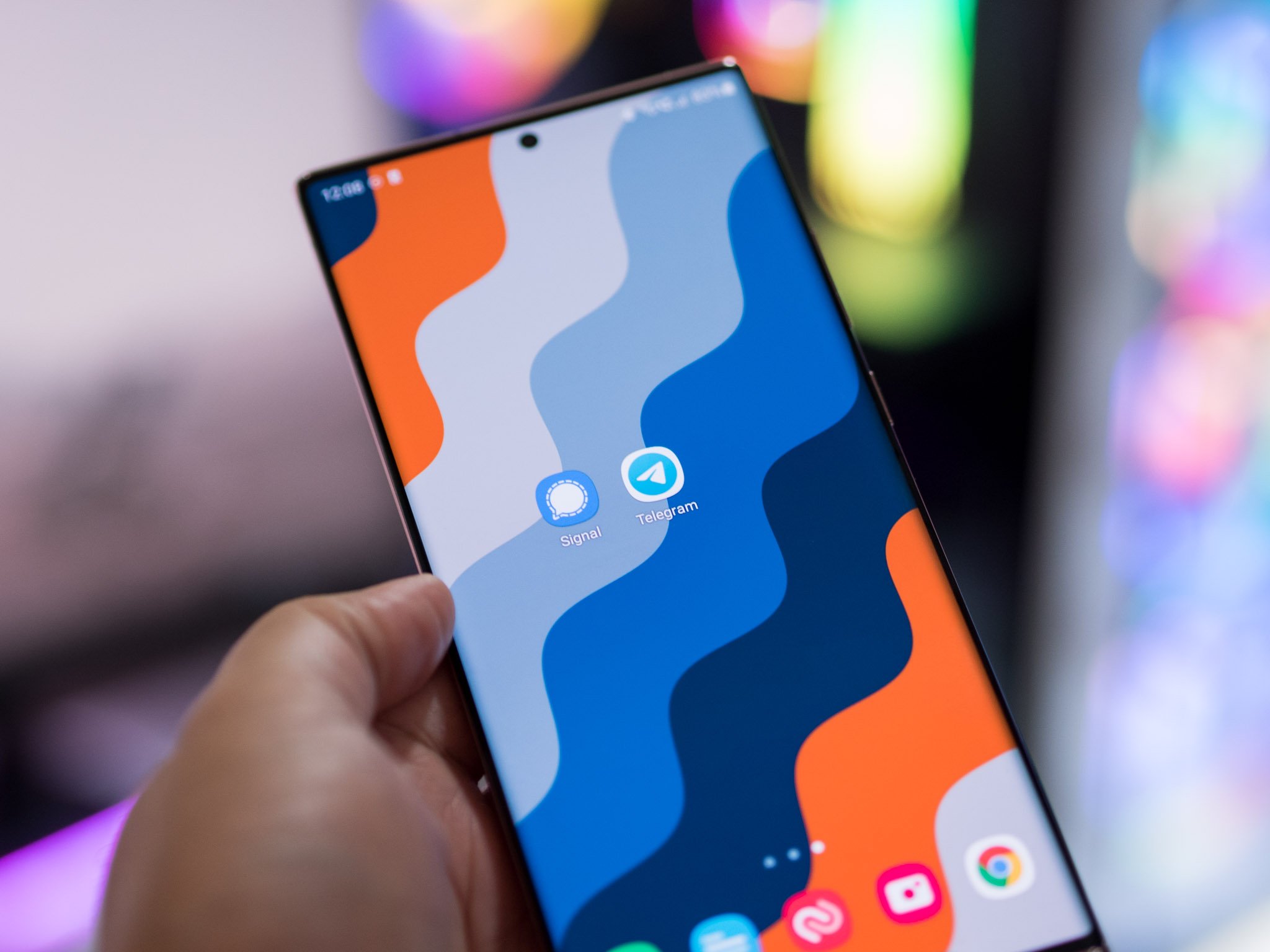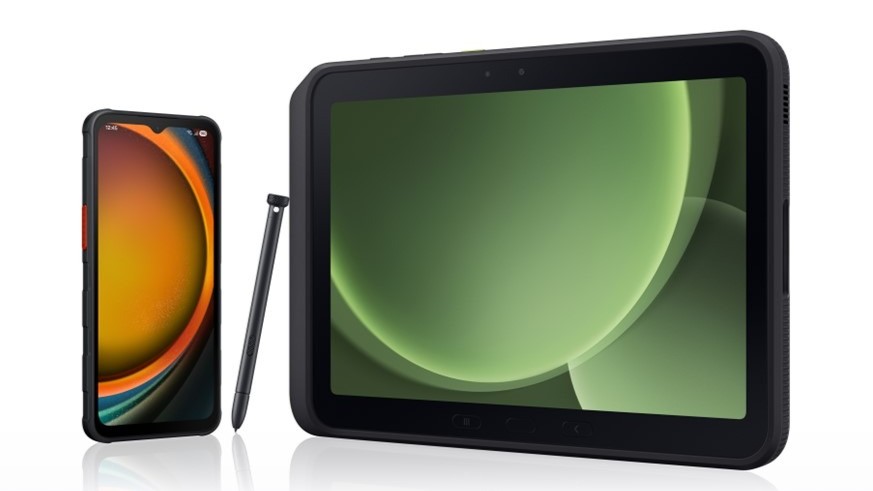Facebook wants your WhatsApp data. Here's why you should switch to Signal or Telegram.

WhatsApp changed its privacy policy earlier this week and now requires you to share data with Facebook. The move comes nearly seven years after Facebook acquired the service for $19 billion. WhatsApp laid the groundwork for data sharing back in 2016, but at that time, it allowed users to opt out of the same if they wished to do so.
But that option is going away starting February 8. If you don't agree to share data with Facebook and its associated companies, you won't be able to use WhatsApp anymore. The data that's being shared includes your profile name and photo, IP address, your phone contacts list, app logs including diagnostic data, and the status messages.
WhatsApp says the move is designed to "improve" and "customize" its services and offerings, but the reality is that the policy shift is aimed at giving Facebook even more access to your data so it can tailor ads based on your interests.
Signal has a similar feature-set as WhatsApp and doesn't sell your data.
So now is the best time to ditch the Facebook-owned messaging service and look elsewhere. Thankfully, there are plenty of great messaging apps on Android and iOS, and you'll find a lot of privacy-focused services that provide a similar feature-set. The ideal option is Signal; the platform uses the same end-to-end encryption protocol as WhatsApp, so your messages and calls are always private.
Best of all, Signal isn't owned by one of the big tech brands and is run as a non-profit, relying on donations and grants to pay for the development, servers, and bandwidth costs. Signal's founder Moxie Marlinspike is a strong advocate of privacy-focused messaging and has committed to never selling user data or showing ads within the service.
With Signal, you're basically getting the best features that WhatsApp has to offer — end-to-end encryption and voice and video calling — without all the Facebook shadiness. The app itself is free to download on the Play Store and App Store, and has clients for Windows, macOS, Linux, and other Debian distros. It is lightweight and runs well on cheap Android phones as well as flagships, and while there's no web client yet, the dedicated Windows and macOS versions are decent.
Along with one-on-one and group chats, Signal can be used as the default SMS app on your phone. You also get to make voice and video calls, share photos and videos with friends and family, and easily move your group chats from WhatsApp to Signal. Signal is now the messaging platform of choice for the European Commission, and it's easy to see why. Signal has a robust feature-set, and its privacy-first stance makes it a great alternative to WhatsApp.
Be an expert in 5 minutes
Get the latest news from Android Central, your trusted companion in the world of Android
Then there's Telegram. The cloud-based messaging platform works on multiple devices at the same time, you can share videos of up to 2GB, set up group chats with up to 200,000 members, and access powerful customization features.
Telegram is also a decent alternative — particularly for group chats.
Telegram chats are encrypted by default using the MTProto protocol, but you'll only find end-to-end encryption for secret chats. The service recently picked up voice calls, and right now, there's no way to make video calls on the platform. You won't find any ads on the service, and Telegram doesn't sell your data.
As for revenue, Telegram is still owned by founder and CEO Pavel Durov, and with the service now crossing 500 million users, it is getting paid features for "business teams and power users:"
All the features that are currently free will stay free. We will add some new features for business teams or power users. Some of these features will require more resources and will be paid for by these premium users. Regular users will be able to keep enjoying Telegram – for free, forever.
Telegram is available for free on the Play Store, App Store, and there are dedicated clients for Windows, macOS, and Linux. The best part is that it also works on the web, so if you don't care about video calls and want a platform for group chats, Telegram has a lot to offer.
Between Signal and Telegram, you have two great alternatives that protect your privacy. This is as good a time as any to ditch the Facebook-owned WhatsApp and find greener pastures.

Harish Jonnalagadda is Android Central's Senior Editor overseeing mobile coverage. In his current role, he leads the site's coverage of Chinese phone brands, networking products, and AV gear. He has been testing phones for over a decade, and has extensive experience in mobile hardware and the global semiconductor industry. Contact him on Twitter at @chunkynerd.
